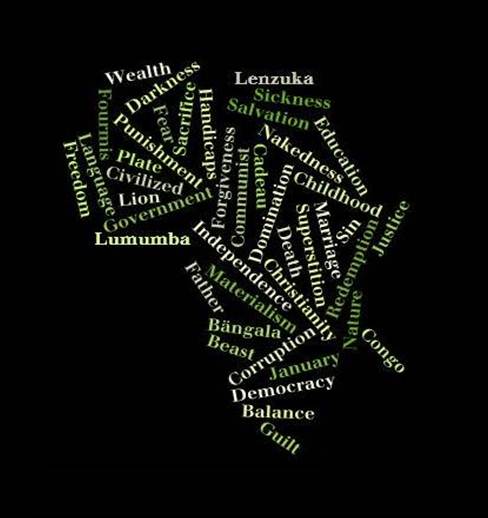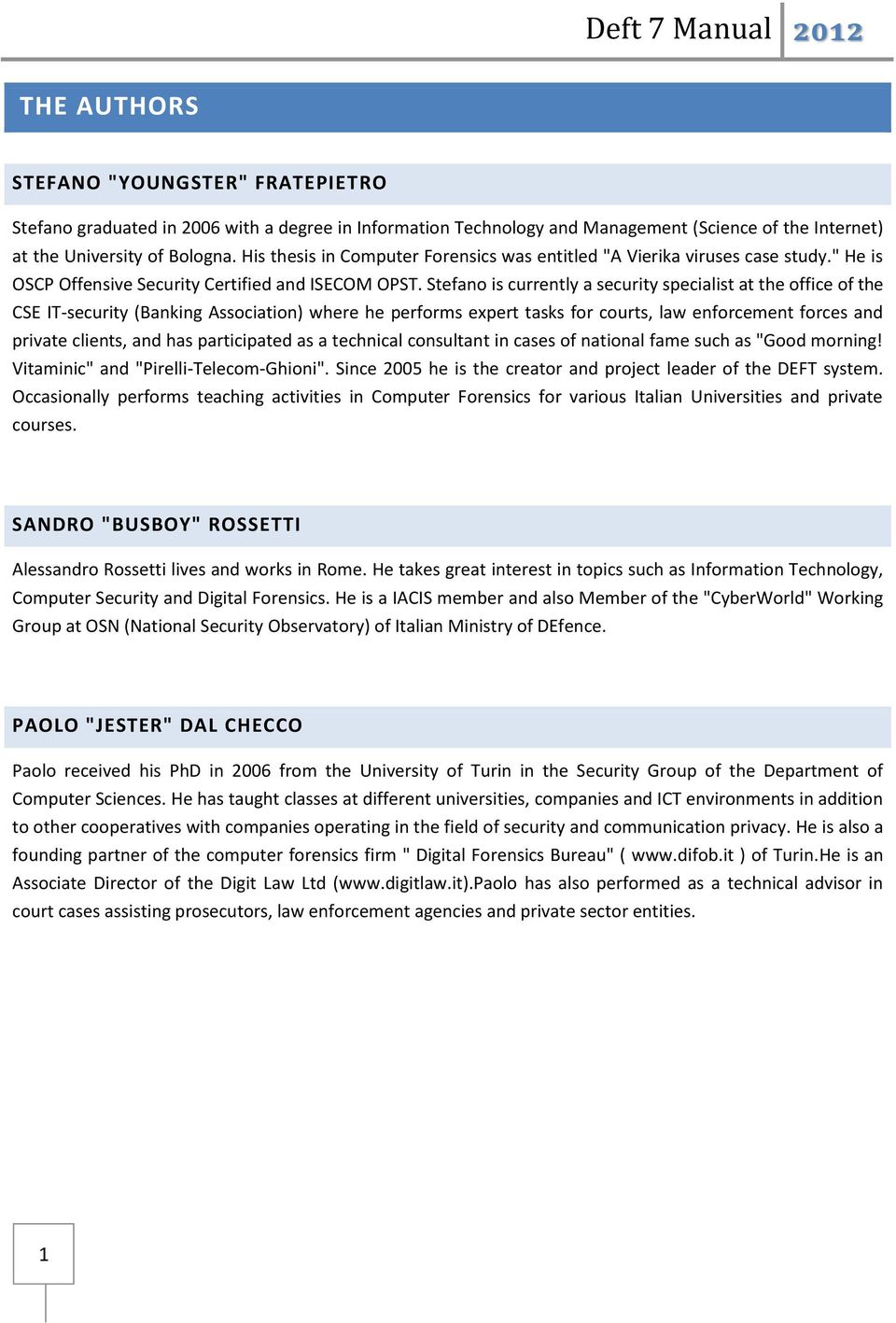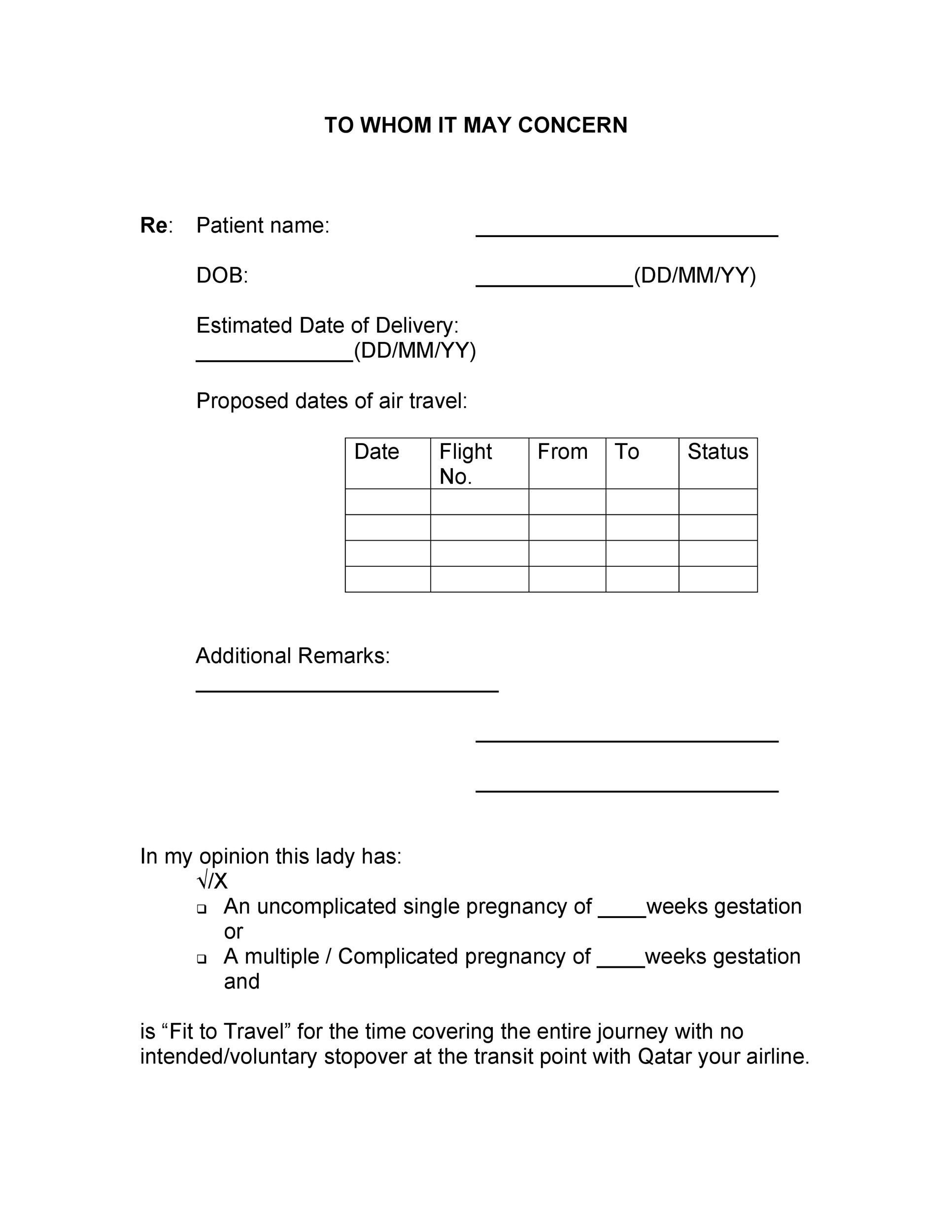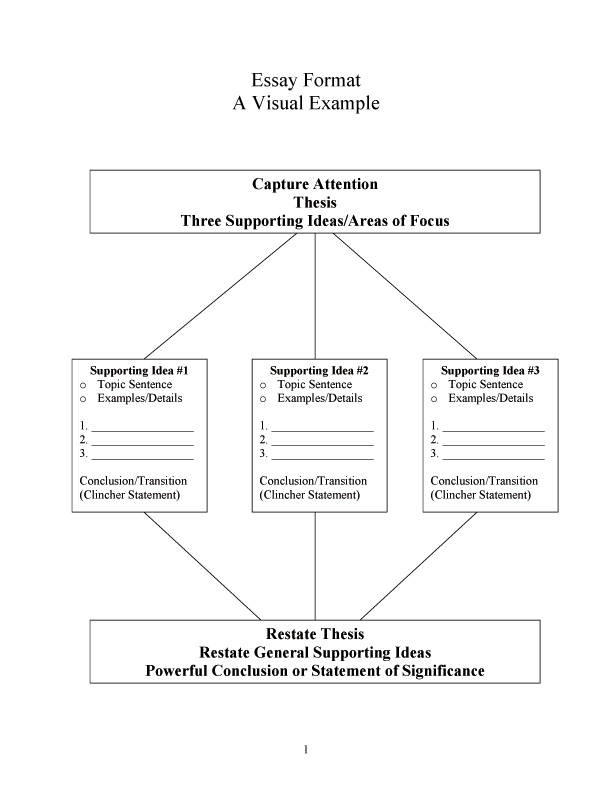The Literary Criticism of T.S. Eliot: New Essays.
T.S. Eliot Eliot’s collection of essays on poetry and criticism covers such masters of verse as Dante and Blake as well as his critical views of poetic drama, rhetoric, blank verse and other critics such as Ben Johnson, Swinburne and Phillip Massinger.
This gave my essays a kind of urgency, the warmth of appeal of the advocate, which my later, more detached and I hope more judicial essays cannot claim. I was in reaction, not only against Georgian poetry, but against Georgian criticism; I was writing in a context which the reader of today has either forgotten, or has never experienced.

Eliot does not write any systematic treatise explaining his theory of poetry; it is expounded in a number of books and essays written through many years, interspersed with practical criticism or other speculations on culture. Moreover, Eliot denies having an aesthetic theory, he claims to suspect thinking abstractly about poetics.

Writing about the poetry of Eliot is difficult for a number of reasons. One major difficulty is that Eliot himself helped dictate the rules for how critics interpret poetry. He did this through his.

Beginning in the late 1920s, Eliot’s literary criticism was supplemented by religious and social criticism. In these writings, such as The Idea of a Christian Society (1939), he can be seen as a deeply involved and thoughtful Christian poet in the process of making sense of the world between the two World Wars.

Introduction Often hailed as the successor to poet-critics such as John Dryden, Samuel Taylor Coleridge, and Matthew Arnold, T.S. Eliot’s literary criticism informs his poetry just as his experiences as a poet shape his critical work.

The essay is an attempt by Eliot to define the boundaries of literary criticism: to say what does, and what does not, constitute truly literary criticism, as opposed to, for example, a study in history based upon a work of literature.

T.S Eliot is considered as one of the most important modernist poets. The content of his poem as well as his poetic style give elements of the modern movement that was famous during his time. In fact, modernism was viewed as “a rejection of traditional 19th-century norms, whereby artists, architects, poets and thinkers either altered or abandoned earlier conventions in an attempt to re.

The essays are more than a stimulation to enjoy the fruits of others' experience. They are essays in order, exercises in the discipline of facts and the precision of thinking and feeling. They are essays in conduct as well as essays in criticism. The center, as well as the range, of Mr. Eliot's mind is here.

Others analyse T. S. Eliot’s Four Quartets as a great work of modern religious poetry (though this was the reason George Orwell disliked them). As with much of Eliot’s work, this is a testament to the poem’s greatness: it refuses to be just devotional poetry, or patriotic verse, or to conform to any other kind of narrow label we might invent for it.

Textual Analysis of Eliot’s Poetry. In our first article on TS Eliot, we discussed how to analyse his poetry.Now that we have considered themes and textual integrity in our study of Module B: T.S. Eliot, we need to think about how textual analysis supports these ideas.

Beneath Eliot’s scathing criticism there lies a “profound and painful disillusionment, and out of this disillusionment there (grows) forth a feeling of sympathy, and out of that sympathy (is) born a growing urge to rescue from the ruins of the confusion the fragments from which order and stability might be restored” (Nobel).

Nearly everyone who considers the history of modern literary criticism regards T. S. Eliot as one of the progenitors of the New Criticism. Typically, it will be pointed out that Eliot's theory of impersonality paved the way for the formalism of the New Critics and that his elevation of Donne and the metaphysical poets led to the New Critical valorization of wit and irony.



